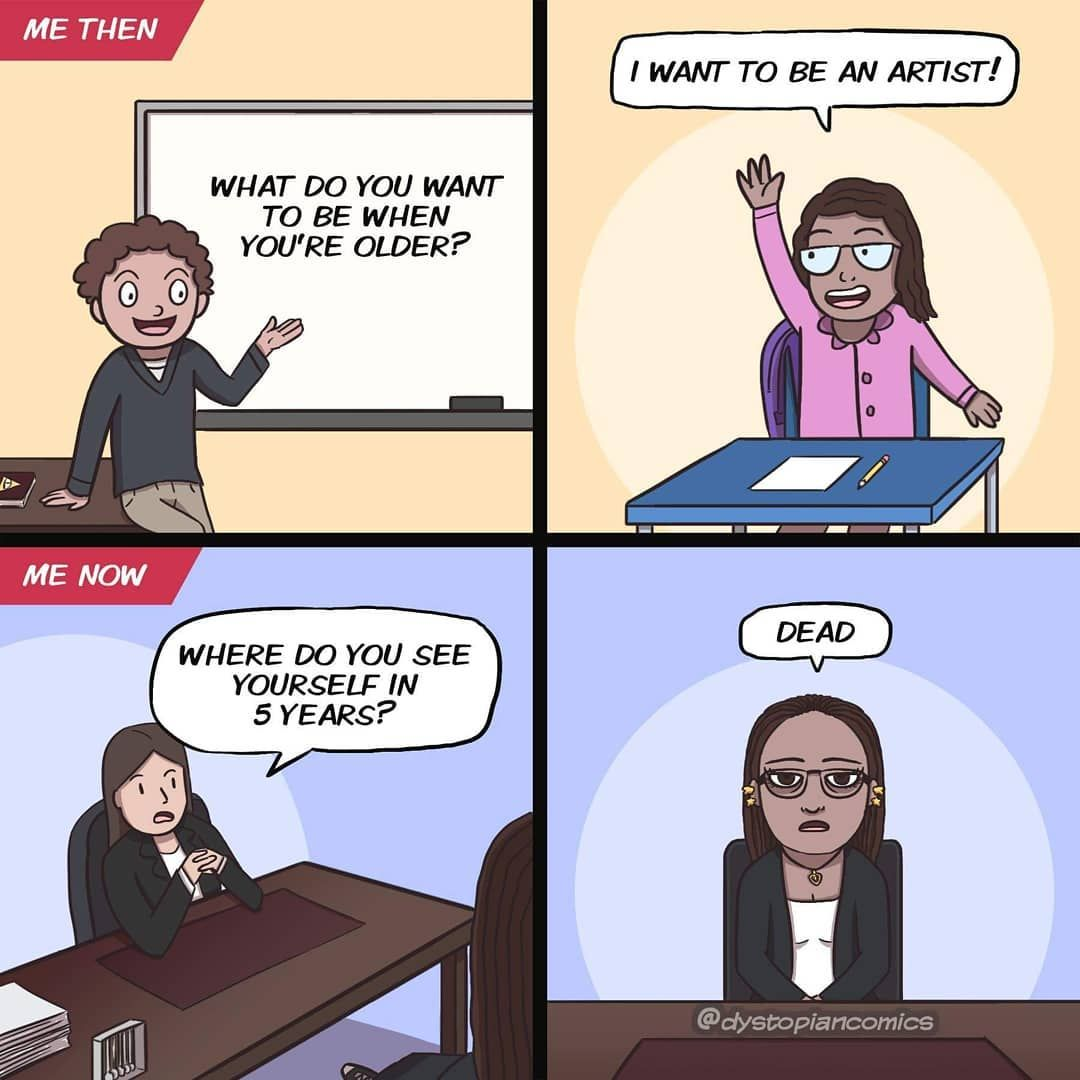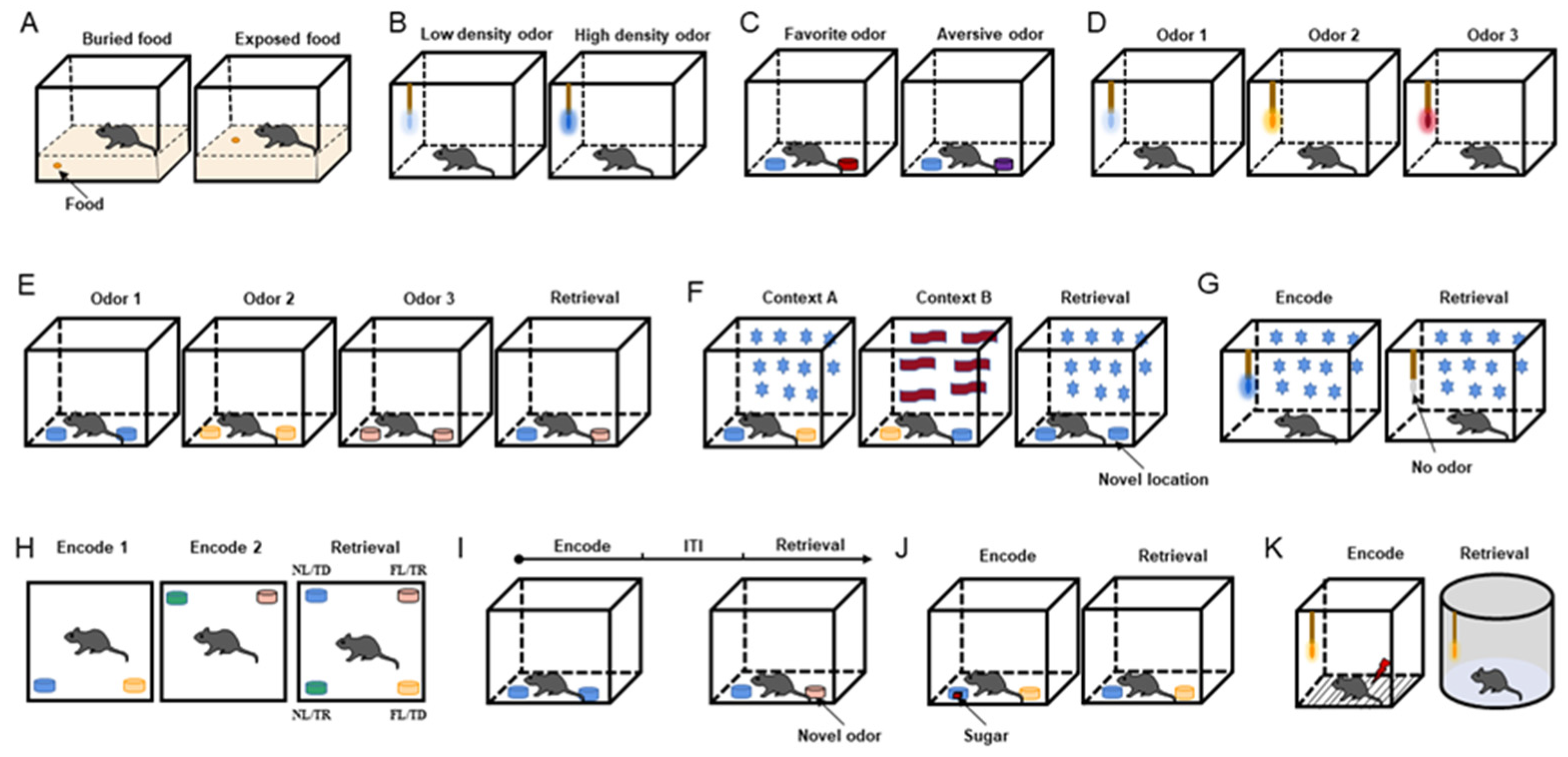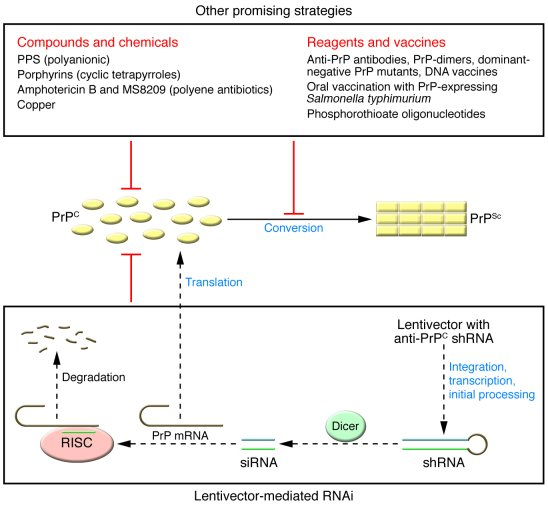Self-deprecating humor is a unique approach that not only evokes laughter but also encourages a profound connection with others. By skillfully laughing at ourselves, we open the door to vulnerability, signaling that it’s okay to not take life too seriously. Understanding the benefits of self-deprecating humor can significantly enhance mental health and foster relationships, as it encourages an environment where individuals feel safe to express their imperfections. This type of humor provides a light-hearted way to cope with stress and promotes emotional regulation, allowing us to reclaim our clarity and perspective during tough times. By embracing the psychology of humor, we can transform our self-perception and improve our social interactions, reminding us that everyone is flawed in their own delightful ways.
Humor that involves poking fun at oneself often highlights the importance of resilience and relatability in our daily lives. This playful act of embracing shortcomings not only aids in stress relief but also helps cultivate a sense of community and understanding among individuals. Engaging in this lighthearted banter encourages us to adopt a more playful outlook, allowing us to bond over our shared experiences and imperfections. By learning to laugh at our own mistakes, we not only diffuse tension but also foster a deeper emotional connection with those around us. Ultimately, humor serves as a bridge that brings us closer together, reminding us that while we may sometimes stumble, we can always rise with a smile.
Understanding Self-Deprecating Humor
Self-deprecating humor is a unique form of comedy where individuals make jokes at their own expense. It stands apart from other humor types, allowing individuals to express vulnerability while simultaneously inviting connection. Often perceived as negative, self-deprecation can actually signify self-awareness and humility. By poking fun at oneself, one not only fosters relatability with others but also creates a lighter atmosphere that can disarm tension, especially in challenging conversations.
The use of self-deprecating humor can have numerous mental health benefits as well. When people laugh at their situations or imperfections, it can help them release pent-up emotions and diffuse anxiety. This mental release is essential for emotional regulation, offering clarity and perspective on life’s challenges. In psychological settings, laughter can bridge the gap between therapist and client, making the healing process feel less daunting and more approachable.
Frequently Asked Questions
What are the benefits of self-deprecating humor for mental health?
Self-deprecating humor offers various mental health benefits, such as reducing anxiety and depression. Laughter can break the ice in social situations, helping individuals feel more comfortable and connected. By acknowledging our flaws humorously, we can alleviate pressure and foster acceptance, which promotes a healthier self-image.
How can taking oneself less seriously improve social interactions?
Taking oneself less seriously allows for more authentic connections with others. It creates a warm, inviting atmosphere where humor can diffuse tension and foster relatability. When individuals share a laugh at their own expense, it signals humility and openness, encouraging others to let their guard down.
How can I effectively use self-deprecating humor in everyday life?
To effectively use self-deprecating humor, focus on light-hearted, relatable situations where your imperfections shine. Share a funny personal experience without being overly critical of yourself. This invites laughter while showcasing your humility, ultimately making you more approachable and likable.
What is the psychology behind self-deprecating humor?
The psychology of self-deprecating humor reveals that it stems from a place of self-awareness and confidence. By not taking oneself too seriously, individuals display vulnerability that can enhance their likability. This humor style fosters connection and provides a healthy outlet for coping with life’s challenges.
Can self-deprecating humor be harmful?
While self-deprecating humor can be beneficial, it can also be harmful if it turns into extreme self-criticism. If the humor feels more like self-flagellation, it may indicate low self-esteem. It’s essential to maintain a balance where humor enhances connection rather than seeking sympathy or reinforcing negative self-perceptions.
How does cultural context influence the use of self-deprecating humor?
Cultural context plays a significant role in humor styles. In individualistic cultures, self-deprecating humor is often favored as it promotes relatability and vulnerability. In contrast, collectivist cultures may lean towards humor that makes fun of others, focusing on community bonds rather than individual flaws.
What role does self-deprecating humor play in emotional regulation?
Self-deprecating humor can aid in emotional regulation by providing relief from stress and tension. It allows individuals to navigate difficult emotions and situations with a lighter heart, making it easier to gain perspective and maintain a sense of clarity during challenging times.
How can self-deprecating humor enhance resilience?
Self-deprecating humor can enhance resilience by enabling individuals to bounce back from setbacks. By laughing at their own mistakes and flaws, individuals can view challenges as less daunting, which fosters a growth mindset and encourages a healthier response to adversity.
Is self-deprecating humor more effective than other humor forms?
Self-deprecating humor can be particularly effective in building rapport and trust, as it demonstrates authenticity and humility. While other humor forms also have their place, the relatability of self-deprecation often resonates more deeply in personal and professional relationships.
How can I encourage self-deprecating humor in my friends and family?
To encourage self-deprecating humor in friends and family, model it yourself by sharing lighthearted stories about your own mishaps. Create a supportive environment where everyone feels safe to laugh at themselves, reinforcing that humor around imperfection strengthens bonds.
| Key Points | Details |
|---|---|
| Self-Deprecating Humor Defined | A category of humor that involves making light of oneself without harshness or negativity. |
| Benefits | Helps lighten emotional burdens, facilitates connection, and aids in emotional regulation. |
| Self-Awareness | Those who use it effectively are typically humble, self-aware, and confident. |
| Cultural Differences | More common in individualistic cultures; collective cultures tend to poke fun at others. |
| Connection Tool | Can help bridge gaps in disagreements and improve social interactions. |
| Avoiding Extremes | It’s essential to find a balance and not fall into negative self-talk. |
Summary
Taking myself too seriously is a habit I’ve developed as gracefully as a baby giraffe on ice skates. In the realm of health and humor, self-deprecating humor emerges as an essential tool to navigate through life’s absurdities. As highlighted by psychologist Natalie Dattilo, using laughter not only lightens our burdens but also encourages openness and connection, showing that even our most embarrassing moments can bring us together. This unique approach fosters resilience, reminding us it’s okay to jest about our flaws rather than spiral into self-criticism. So, embrace your inner king or queen of clumsiness, and let’s laugh our way towards better mental health!



